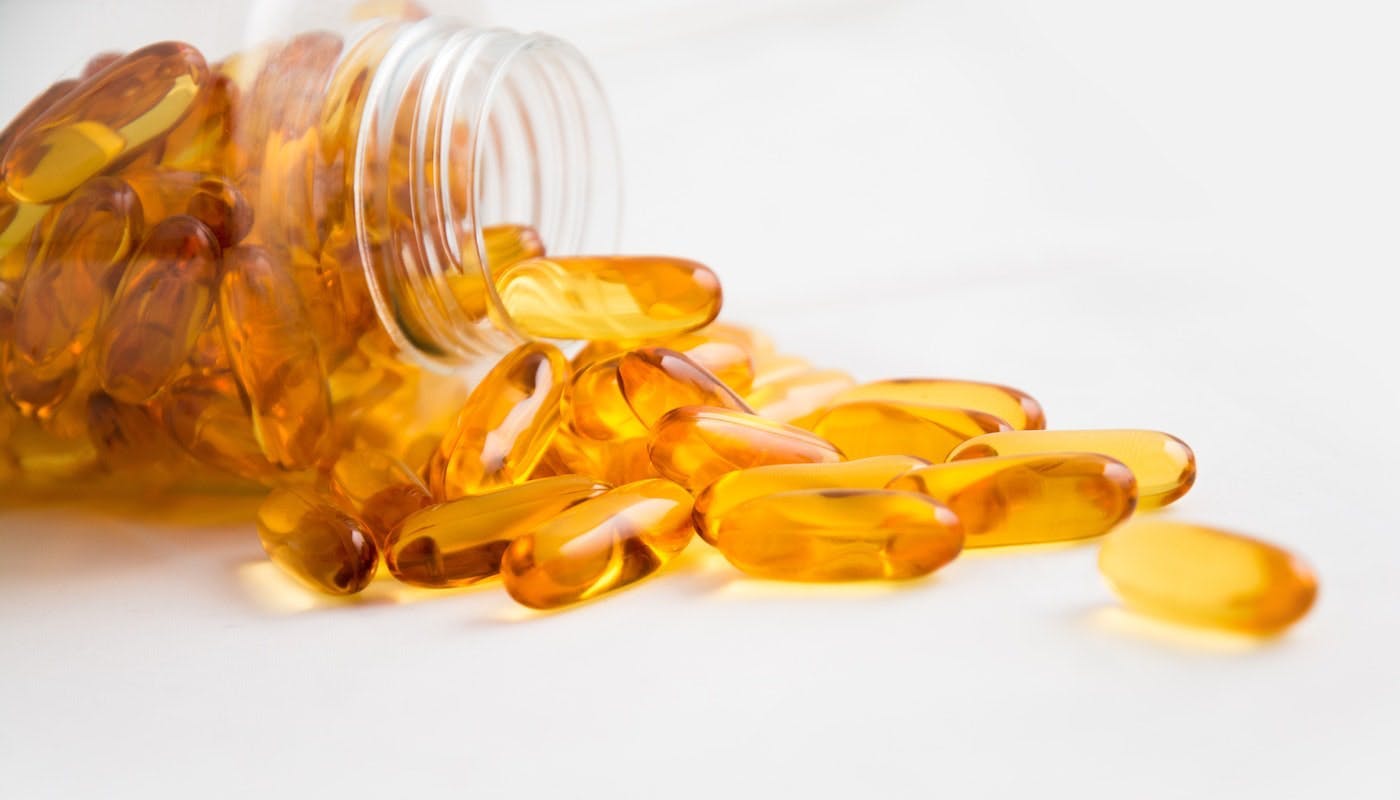The Benefits of Chondroitin for Dogs
Chondroitin is often cited as a remedy for various ailments in dogs, especially if they suffer with their joints. But it’s actually a useful supplement that can be preventative, and supports your dog's general wellbeing and quality of life. Its name might sound like a scary chemical, but don’t be put off: it’s a totally natural compound that’s actually found in cartilage.
Here, we will explain what chondroitin is, its benefits for your dogs, and how it should be taken.
What is chondroitin?
Chondroitin sulphate is a structural component of cartilage that gives it its elasticity and occurs naturally in many forms. It promotes water retention and elasticity in the cartilage, helping with shock absorption and nourishing the tissues that line the joint. It may also prevent inflammation that can be destructive to the joint.
The cartilage is a cushion between the bones in a joint, so if its elasticity or structure is diminished, it’s less able to provide resistance to compression. So if your dog is suffering with joint pain or issues like arthritis, chondroitin can help to rebuild cartilage and support their joints.
What are the benefits of chondroitin for dogs?
Dogs with degenerative joint or back problems can benefit from the use of either injected or ingested chondroitin as it helps repair damage to the cartilage. Taken orally, chondroitin can also replenish the glycosaminoglycan layer that normally protects the mucous membrane of organs including the bladder and intestinal tract so can be used to support a healthy digestive system.
Many studies have shown that chondroitin can help to manage the pain caused by arthritis in both humans and dogs. And since many dogs develop arthritis in their old age, as the cartilage and cushioning in their joints begins to wear down, chondroitin is often considered an effective method of pain relief. If your dog suffers with arthritis, you may notice that they begin to limp or are generally less active. With the help of chondroitin, pain can be reduced allowing increased mobility and more exercise which will naturally improve their strength.
What is the best way to give chondroitin to dogs?
It’s important to make sure the chondroitin administered to your dog is of the highest quality, as poor products won’t have the same effect in supporting their natural cartilage strength. Chondroitin can be synthesised, but dietary sources come from animal cartilage like squid, fish, pig trachea, and even birds. Some products contain shark cartilage, but this is no more effective than other forms of chondroitin and should be avoided as it poses a threat to the ocean.
Chondroitin can be injected, though many pets may find this unpleasant, or administered orally. Research suggests that dissolving chondroitin in water is more effective, and probably more easily digested, than capsules.
Front of the Pack’s The One supplement is packed full of eight different ingredients that are clinically proven to improve your dog’s wellbeing – and Chondroitin is one of them. Promoting the soft, spongy texture of your dog’s joints will keep them healthy and mobile throughout their life. This combined with glucosamine for better structure of the joint tendons, cartilage, and ligaments will help prevent joint issues and relieve pain for those with existing issues.
What is glucosamine?
Supplements containing chondroitin combined with glucosamine are often recommended for dogs suffering with joint stiffness and reduced mobility. Glucosamine is an amino sugar which, like chondroitin, naturally occurs in the connective and cartilage tissues. It plays a big part in maintaining the tissue’s strength, flexibility, and elasticity. So if your dog suffers an injury or degenerative issues due to age, glucosamine levels may not be able to keep up with the levels required to help their joints repair themselves.
Glucosamine is an effective ingredient when used alongside chondroitin and both are important in the body’s manufacture of collagen and the production of fluid that lubricates the joints. When combined in a supplement for dogs, the two compounds have a greater effect than when administered separately.
When to avoid chondroitin
As it’s a naturally occurring animal product, there is a very low risk of problematic side effects when giving your dog chondroitin. However, there are some cases in which dog owners should avoid chondroitin and glucosamine products.
Chondroitin sulphate is not recommended for dogs already taking blood-thinning medication. Because it is structurally similar to a popular blood-thinning prescription medication, you should check with your vet before administering chondroitin as it can result in bleeding.
Dogs suffering from diabetes may not be recommended glucosamine as it’s an amino sugar. So if your chondroitin supplement is a combination of the two, you might want to get a pure chondroitin alternative. Glucosamine is often derived from shellfish. Though the risk of the flesh of these animals making its way into the shell-based glucosamine sulphate, it might be best to avoid these recipes if your dog suffers with a shellfish or crustacean allergy. Glucosamine hydrochloride is often safer in these circumstances.
So now you know: chondroitin, with the help of glucosamine, can help relieve your dog’s joint pain, heal joint and tendon injuries, and keep your dog strong, healthy, and active throughout their life. And it’s all natural.
